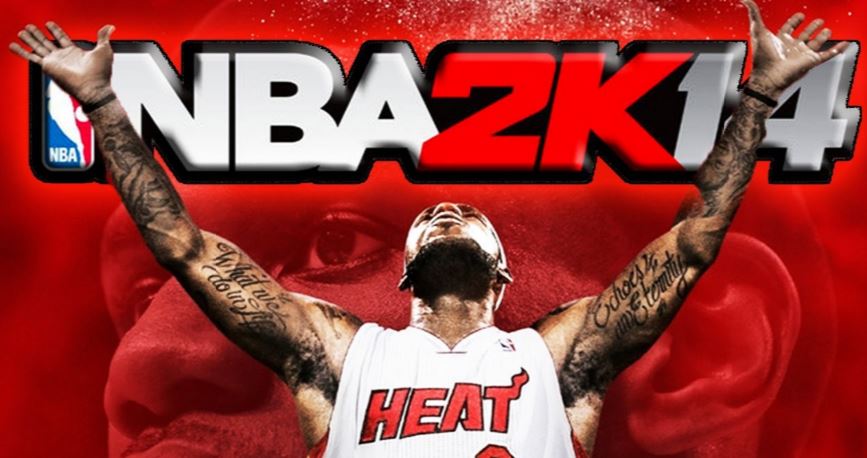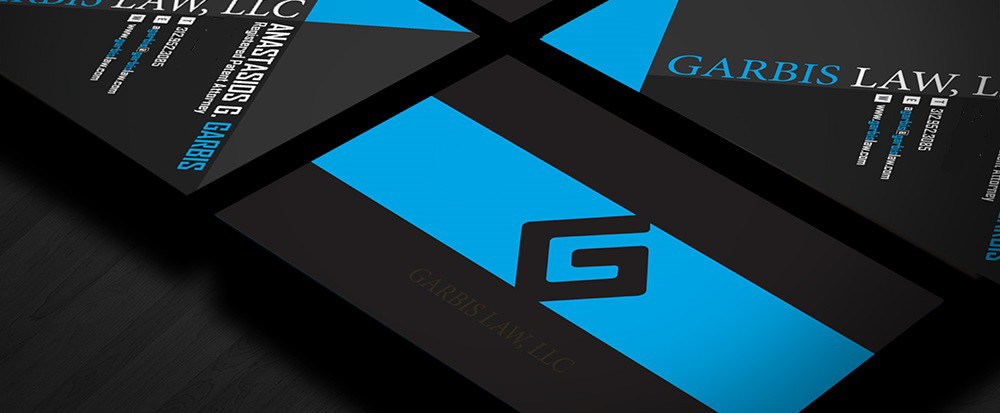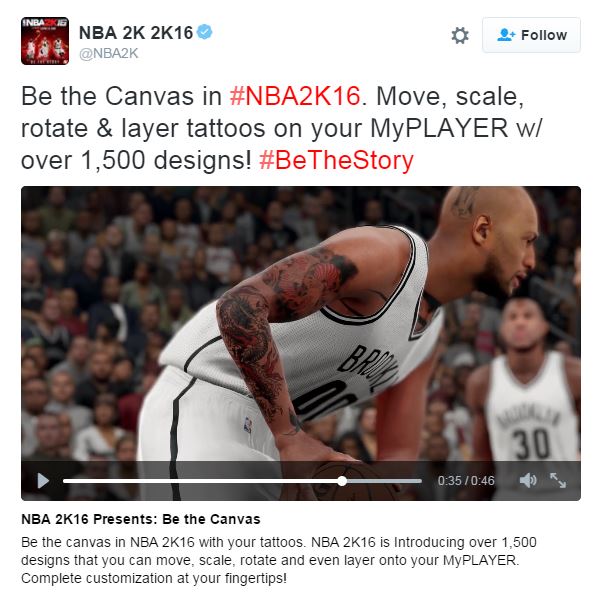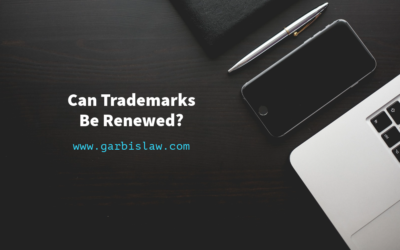Have you seen what video games look like these days? It has gotten to the point where you sometimes can’t tell whether or not it’s actually live TV. This is especially the case when it comes to sports games. The animated versions of the athletes are spitting images of the real thing. Heck, even the tattoos are accurate!
And that’s a problem.
Just ask the creators of the popular basketball video game, NBA 2K16, who have found themselves in hot water. Solid Oak Sketches, LLC (“Solid Oak”) has sued Visual Concepts, LLC (“Visual”), 2K Games, Inc. (“2K”), and Take-Two Interactive Software, Inc. (“Take-Two”) for copyright infringement and the unlicensed use of…
Tattoos.
Solid Oak holds the intellectual property rights of several tattoo designs that were used in the 2K16 video game. As with all forms of intellectual property, if you don’t have a license to use it, you should think twice about actually going through and using it without permission. In some instances, your use may be so minimal that it is allowed without a license. According to the complaint, Solid Oak reached out to 2K to address licensing for 2K16 and compensation for previous versions of the game released with the copyrighted designs, but no agreements were reached between the parties.
Upon its release, NBA 2K16 had one of the most successful launches for a sports video game. A new, customizable, tattoo feature was promoted by 2K which allowed the user to pick from an assortment of tattoos and “move, scale, rotate and layer” them on a player.
Prior to that, the cover of of NBA 2K14 depicted LeBron James with visible tattoos – including ones that are at issue in this complaint:

ARE TATTOOS COPYRIGHTABLE?
Copyright protection is available for “original works of authorship fixed in any tangible medium of expression, now known or later developed, from which they can be perceived, reproduced, or otherwise communicated, either directly or with the aid of a machine or device.” That definition can be broken down into two parts. First, is the work original? Second, is it “fixed in any tangible medium of expression?”
Analyzing a tattoo is no different than any other form of art or work subject to copyright protection. Tattoos easily satisfy the originality requirement for copyright protection as the designs were each independently created by the author.
Now for the fixation requirement. With copyrights, we typically think of things like books, photographs, paintings, music – each being “fixed” to things like paper, canvas, and digital files. What about skin? The Copyright Act provides that “a work is fixed in a tangible medium of expression when its embodiment in a copy or phonorecord, by or under the authority of the author, is sufficiently permanent or stable to permit it to be perceived, reproduced, or otherwise communicated for a period of more than transitory duration.” Tattoos on human skin are about as permanent as you can get. It’s pretty safe to say that the “fixation” requirement is met here.
So yes, tattoos are copyrightable and are protected as “pictorial, graphic, and sculptural works” under the Copyright Act.
WHAT RIGHTS ARE GRANTED UNDER COPYRIGHT LAW?
According to the U.S. Copyright Act, the owner of “copyrighted” designs is granted the right to make copies of the designs, the right to distribute copies of the designs to the public by sale, rental, lease, or other transfer of ownership, the right to display the designs publically, and the right to include copies of the designs in a public performance.
WHO OWNS THE COPYRIGHT?
The next and perhaps more important question is who actually owns the copyrighted tattoo designs? I know what you’re thinking…probably something along the lines of, “well that’s a stupid question. The athlete OBVIOUSLY owns the design.”
That’s when I tell you that you are (probably) wrong. Unless there was some sort of agreement between athlete and artist assigning over all rights to the design, the artist actually still owns the rights.
In this case, there’s no question that Solid Oak has the rights to the designs, as it entered into licensing agreements with the designers of the tattoos. One thing to note if you take a look at the complaint and the agreements attached to it, is that you won’t find any agreements between Solid Oak and the individual players the artwork is on. This is because the players are not the “original authors” of the work, and they likely did not request the rights to artwork, therefore have no rights under copyright law.
What makes matters worse, is that in July of 2015, Solid Oak reached out to 2K to discuss the ongoing copyright infringement of the tattoo designs in prior versions of the game, as well as what would be additional infringement as soon as 2K16 was released. In a second letter from Solid Oak to 2K, it was implied that 2K’s attorney did in fact discuss terms with Solid Oak, but negotiations went silent after that. Any potential infringement by 2K going forward was done willfully, which doesn’t seem like it would bode well in front of a judge.
RECENT CASES OF TATTOO COPYRIGHT INFRINGEMENT
This is not the first time copyright issues have come up with tattoos on athletes. It’s not even the first time I have written about this topic. In a similar case, a tattoo artist (Christopher Escobedo) created a lion tattoo over the rib cage of UFC champion Carlos Condit. THQ, Inc. came out with a video game, UFC Undisputed, which sold 4.1 million units and prominently displayed that tattoo. He was awarded $22,500 for the unauthorized use of his art. In another case, the artist who designed Mike Tyson’s eye tattoo sued (and settled with) Warner Bros. for using a copy of the design in its comedy hit, The Hangover 2.
EA Sports, another producer of video games, took note of this and is now requiring the players to obtain permission from the designers of their tattoos to use them in the game, as they did with Colin Kaepernick prior to the release of Madden 15.
WHAT’s NEXT?
Solid Oak had originally asked for $819,500 for the prior unauthorized reproductions, displays, and public disseminations of the tattoos from the previous versions of the games. It also asked for $1,144,000 for a perpetual licence for use in the new NBA 2K16 game. It’ll be interesting to see whether this continues through the judicial system or whether there will be a settlement reached. If no settlement, it can potentially set the standard for royalty rates to be paid to tattoo artists for their work.






